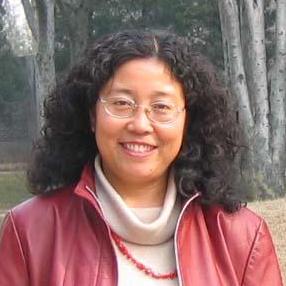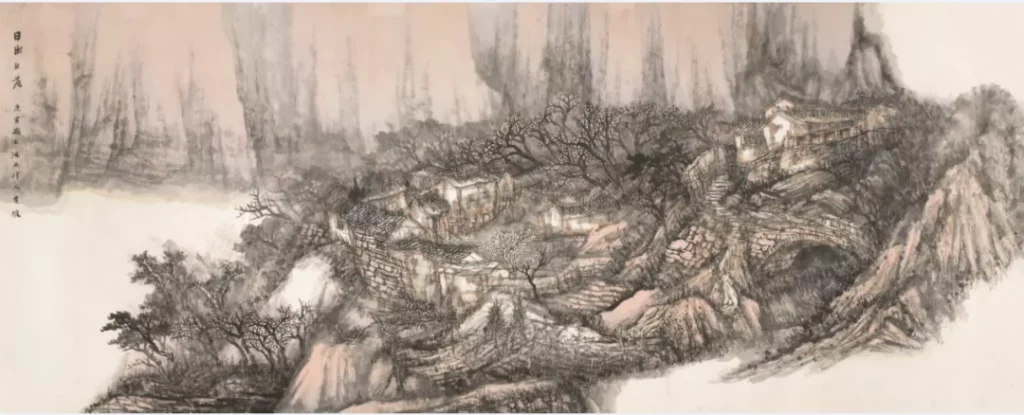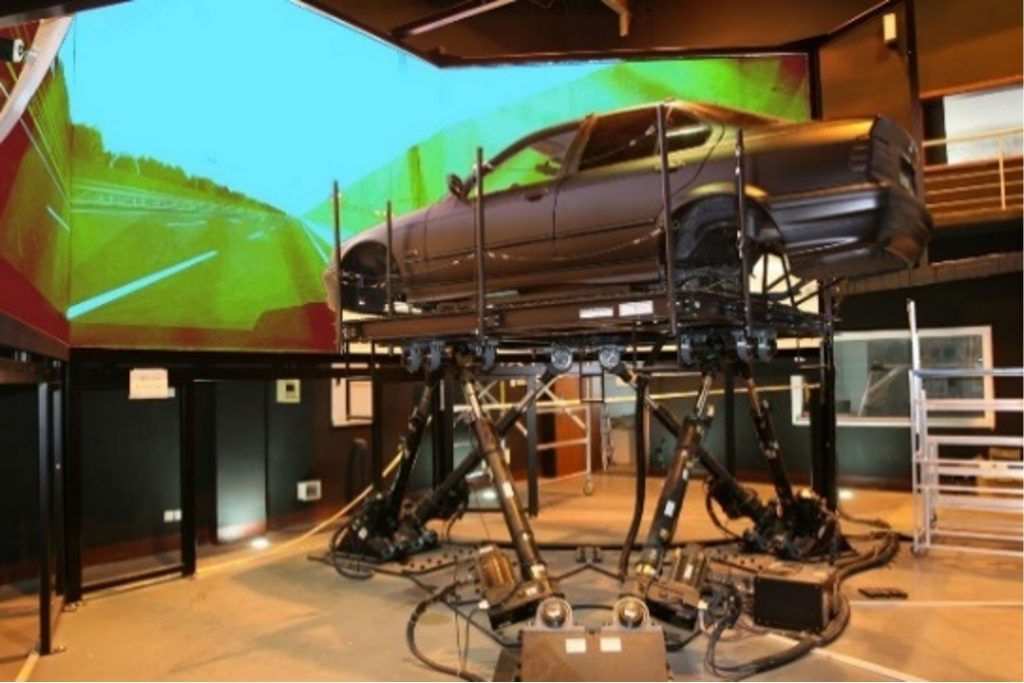This Global Open Course (launched by Tsinghua University) systematically introduces China’s national parks, nature reserves, scenic areas, world heritage sites and other types of protected areas through theoretical lectures, interactive seminars, and field trips, and discusses nature conservation issues in all terrestrial areas of China, including wilderness areas, agricultural areas and urban areas.
This summer, a group of Asian elephants from Yunnan, China once wandered north, and many interesting stories happened during their journey, which has worried many people at home and abroad. These Asian elephants have returned to their habitat safely, and the reasons for their northward migration need to be further studied.
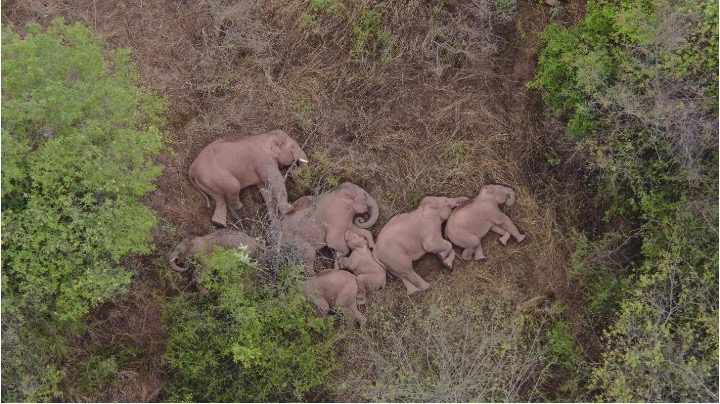
All over the world, man and nature maintain a close relationship. In Sanjiangyuan (“Three-River-Source”) National Park, herders continue their traditional way of life and live in harmony with snow leopards, but they also face the risk of conflict with their livestock being injured by snow leopards. Wilderness protection is a key strategy to protect the earth’s biodiversity.
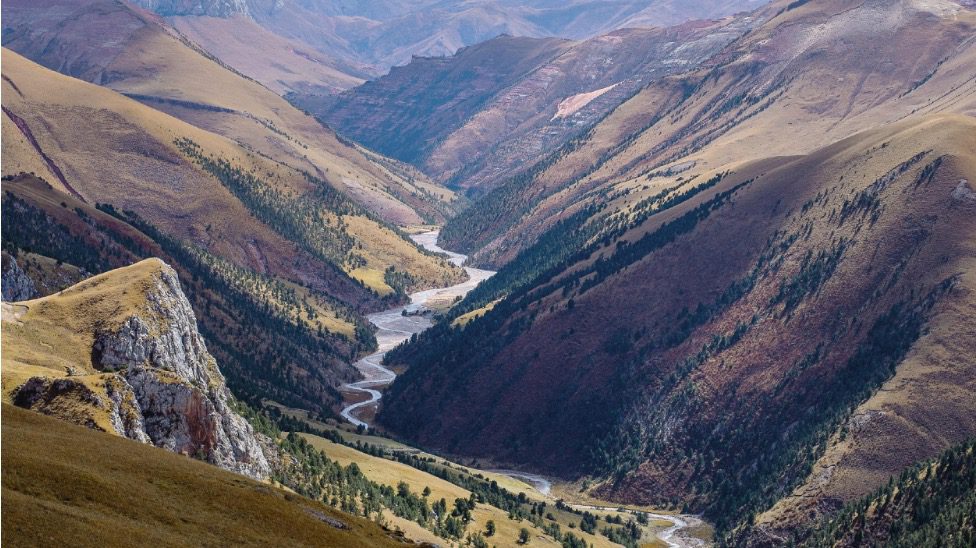
Farmland is not only a guarantee for human food security, but also a food source for many wild animals to survive. In Yangxian County of China’s Shaanxi Province, rice fields are important feeding grounds for crested ibis. It is a challenge for countries all over the world to balance agricultural production and come up with scientific farmland biodiversity conservation strategies.
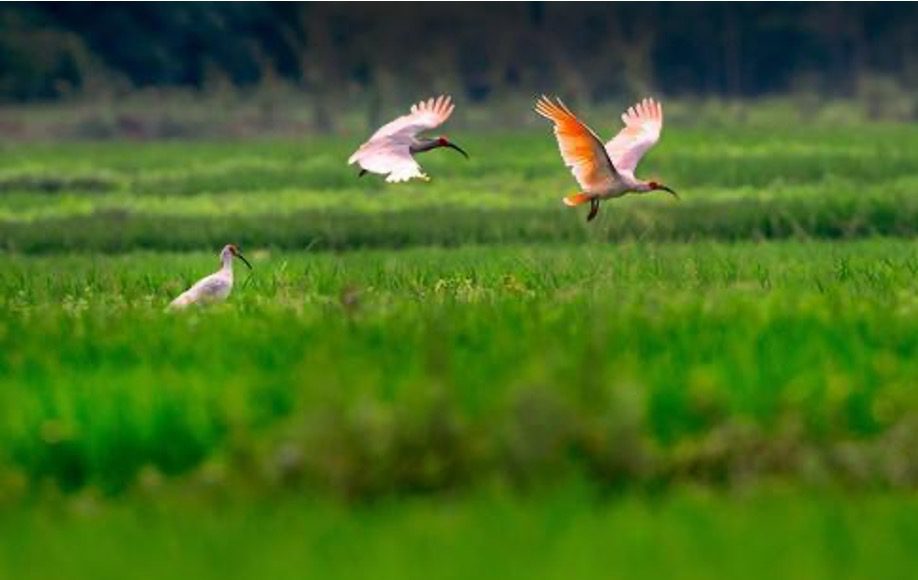
Apart from wilderness and agricultural areas, cities are also rich in biodiversity. For example, the Tsinghua campus is home to animals including hedgehogs and red horned owls. The assessment and protection of urban biodiversity need to be integrated into the planning and development of a city.
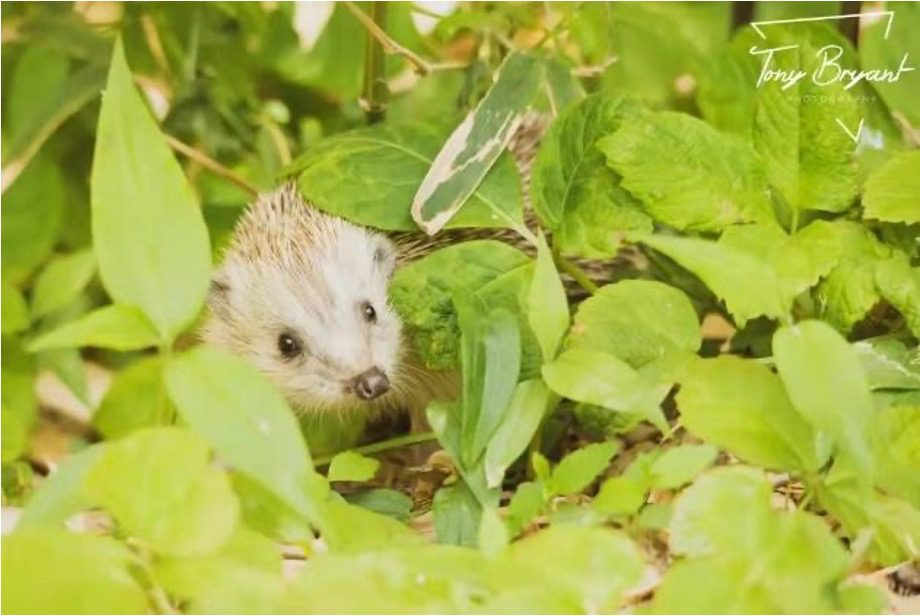
The relationship between man and nature is so close and delicate. The ecological age and the Anthropocene have come, and dealing with the relationship between man and nature is a key challenge facing the world today. Universities should make core contributions to meet this challenge. As Thomas Berry proposes in The Great Work, universities should not aim to train professionals for the development of the earth, but should guide students in establishing an intimate relationship with the earth.
Amid the rapid loss of global biodiversity, climate change and China’s ecological progress, Professor Yang Rui, Professor Yang Jun, Associate Professor Liu Xuehua, Associate Professor Zhuang Youbo, and Associate Professor Yu Le, Assistant Professor Zhao Zhicong and Assistant Professor Cao Yue from Tsinghua will jointly present “National Park and Protected Areas of China”, which aims to introduce the systematic methods and Chinese experience of the harmonious coexistence of man and nature through the close integration of theoretical knowledge, cutting-edge research and Chinese practice.
After finishing this course, students will master the basic knowledge of China’s national parks and protected areas, understand the skills related to nature conservation, and bear the ecocentric values of protecting nature. This course will create a multi-disciplinary and international learning atmosphere. No academic background in relevant fields is needed – all students who care about nature conservation and are interested in national parks and protected areas are welcome to sign up for the course.
Course Timetable & Registration links:
Each session will be conducted in English and will be held on every Wednesday, 19:20 pm to 20:35 pm (GMT+8) from November 10 onwards. Students will be able to register for each individual session and are welcome to participate during the live interactive section.
In addition, with the generous support from XuetangX (co-founding member of the Global MOOC Alliance), we will convert (part of) the live lectures into a MOOC (Massive Open Online Course), so that learners from all time zones can enjoy it at their own pace. You can access the MOOC on “National Park and Protected Areas of China” here: https://www.xuetangx.com/course/goc092602/9792929
Format of classes: one hour of lecture (will be live-streamed and available for replay) and then followed by 15 minutes of live discussion (will not be live-streamed).
Registration link: https://us06web.zoom.us/webinar/register/WN_Xu2lF_lwTh2AhS_a02kE3w
If for any reason that Zoom is not accessible, you are most welcome to watch the live stream (and replay) of the lectures at https://www.xuetangx.com/live/QQGKK20211110/QQGKK20211110/9906145/15049122
Registration now to attend live at https://us06web.zoom.us/webinar/register/WN_Xu2lF_lwTh2AhS_a02kE3w
If for any reason that Zoom is not accessible, you are most welcome to watch the live stream (and replay) of the lectures at https://www.xuetangx.com/live/QQGKK20211110/QQGKK20211110/9906145/15049122



